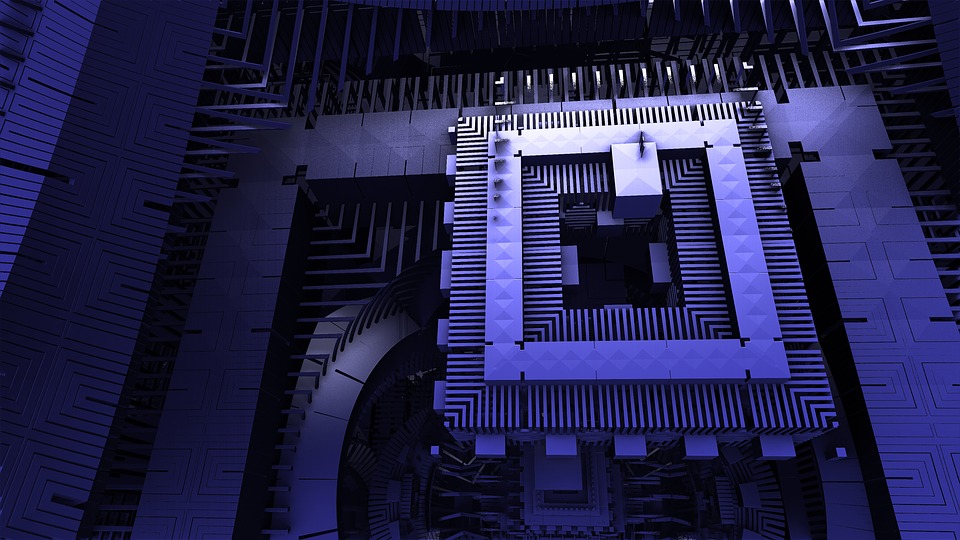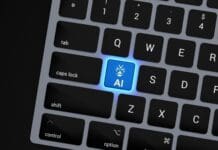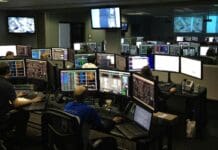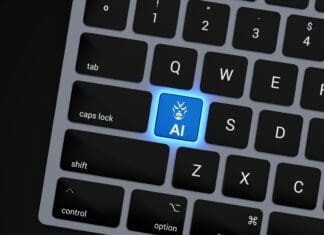This post is also available in:
 עברית (Hebrew)
עברית (Hebrew)
It appears that conventional computers are beginning to reach their limit. Quantum computers, which calculate using quantum phenomena, have been marked as the potential replacement for conventional computing.
Since quantum computational technology is still in an early stage of development, what the the scientific and technological community can give us are hopes for a wholly different and potentially much more rapid way of solving problems.
These are still hopes, because despite significant theoretical achievements, the technology is still highly unstable when it comes to being put to practical use.
So what is quantum computation?
Quantum computers are not entirely different from regular computers. Regular computers process information in units called bits. Bits can represent two possible states, either 0 or 1, and these states correspond to whether a logic gate – a part of a computer chip – is open or closed.
In the same way, quantum computers also use bits, but of a different kind: these are called qubits, since they can represent both 0 and 1 at the same time. This potential boost in computational power is called superposition, which is one of two major quantum phenomena.
A second phenomenon is called entanglement. In conventional computers, a lot of effort is put into making the status of each bit independent from the others. In quantum computing, qubits influence those around it in order to arrive at a solution to a given problem.
Both superposition and entanglement are supposed to give computers the ability to process significantly more information much faster than classical computers, according to bloomberg.com.
Why do we need quantum computers?
First, the potential for faster speeds of data analysis can lead to stronger security and encryption. Also considering the amount of computing power used today, it is possible that in a few decades, we will run out of it. Quantum computing could solve this potential risk.
Quantum phenomena can be used for a much more advanced encryption than the existing ones. In order to secure communications from eavesdropping and interception, quantum computation could protect data by corrupting it whenever an attempt of interception is made. In this way, the one trying to intercept data by disrupting particles wouldn’t be able to make use of it, while simultaneously alerting the recipient.
Potentially, such a system would be unbreakable, no matter how advanced the computer trying to break the encryption.
This computational capacity can also be used for designing sophisticated models for the study of economics, including various kinds of predictions. The computational potential could include much more factors and improve on the present accuracy of prediction.
Quantum computers could reduce the most difficult optimization problems to a number of operations. Despite the Big Data revolution of the 21st century, which allows for an unprecedented amount of data storage, data collection rate is running too fast for what we can now process and analyze.
Quantum technology also has a strong impact on the current global arms race, especially between the US and China. Both are investing billions of dollars in quantum research in a race that can tilt the scales of global military dominance.
Quantum technology could change the face of modern warfare by introducing a whole new level of stealth and detection abilities. China has been developing a prototype for a radar that is supposed to detect stealth aircrafts in flight. While conversely, the same technology could be used to allow aircrafts and submarines to go undetected.


























